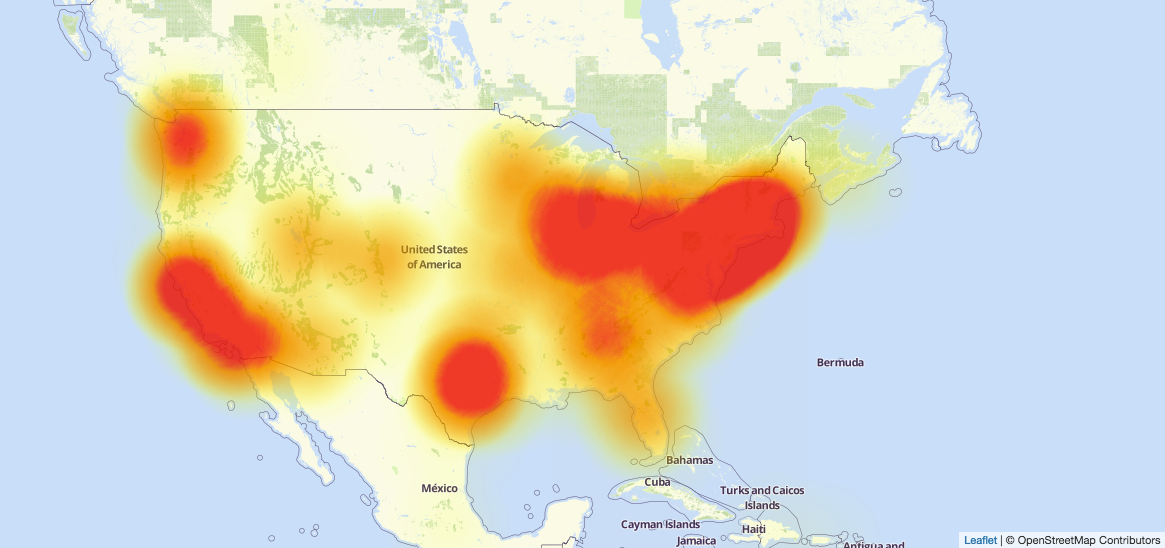Networked things
Tesla recently announced self-driving as an add-on feature for future models. Buried in the legal jargon is this: You're not allowed to use your self-driving Tesla "for revenue purposes". Who owns this car?
On Oct 21, 2016 a massive botnet took down DNS service Dyn, shutting down access to many large sites in North America.

The botnet was mostly made up of zombie webcams infected by Mirai -- viral malware designed to turn IOT devices into a DDOS army.
On Oct 24, the webcam manufacturer Hangzhou Xiongmai, recalled the insecure devices that had made up a large part of the botnet. But this single webcam model is hardly the root cause.
Oh, hey, my solar panels have an open port that requires auth against a hard-coded password that *advertises the allowable usernames*. 😬 pic.twitter.com/cvGG3gcVBf
— Waldo Jaquith (@waldojaquith) October 22, 2016
We live in a future where you can buy a $16 Linux computer the size of a stick of gum. Solar panels, webcams, cars, toasters, candles... Everything will be a little smart. Everything will be hackable.
Some questions:
- Who will own these smart things?
- What does ownership mean when a hacker can compromise them?
- Is "ownership" a realistic goal for a networked thing? Is it desirable?
- When everything we own is a little bit smart, will all those smart things have overlapping and competing legal agreements?
- If so, who decides what is fair?
- Who will be responsible when things go wrong?
- How will we know what EULAs we are breaking and what EULAs we are keeping?
- With thousands of competing EULAs, how will conflicts be enforced? Automated settlements?
- A16Z: The End of Ownership.
- Kevin Kelly: Sharing is better than owning and platform trumps product.
- The battle for the customer interface: "Uber, the world's largest taxi company, owns no vehicles. Facebook, the world's most popular media owner, creates no content. Alibaba, the most valuable retailer, has no inventory. And Airbnb, the world's largest accommodation provider, owns no real estate.".
- The common thread running through the sharing economy... there's nothing on the balance sheet.
